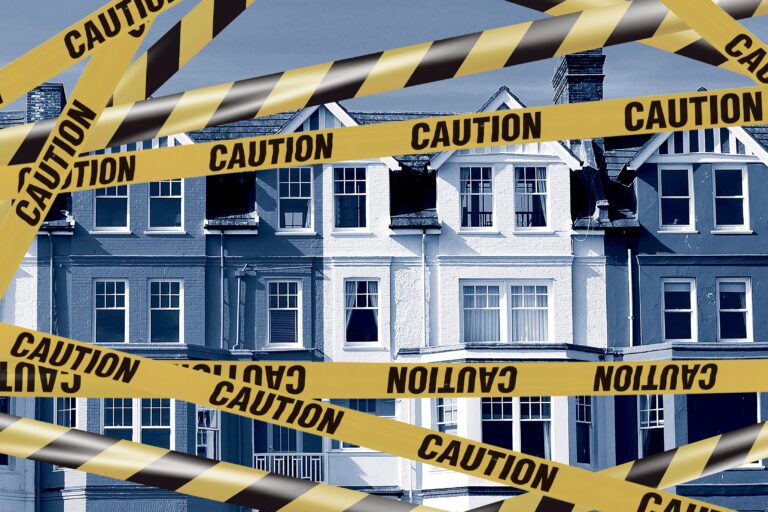Vacation Rental Scams on 2024: How to Protect Yourself
A vacation rental scams is a fraudulent scheme that involves the rental of vacation properties. Scammers often use fake…

A vacation rental scams is a fraudulent scheme that involves the rental of vacation properties. Scammers often use fake…

The rental market is booming in 2024, and with that comes an increase in rental scams. Scammers are taking…

Amidst the Rising Demand for Rental Properties, Scammers Thrive The rental market in 2024 is experiencing an unprecedented surge…
The quest for a new home can be an exciting yet daunting endeavor. As you navigate the sea of…